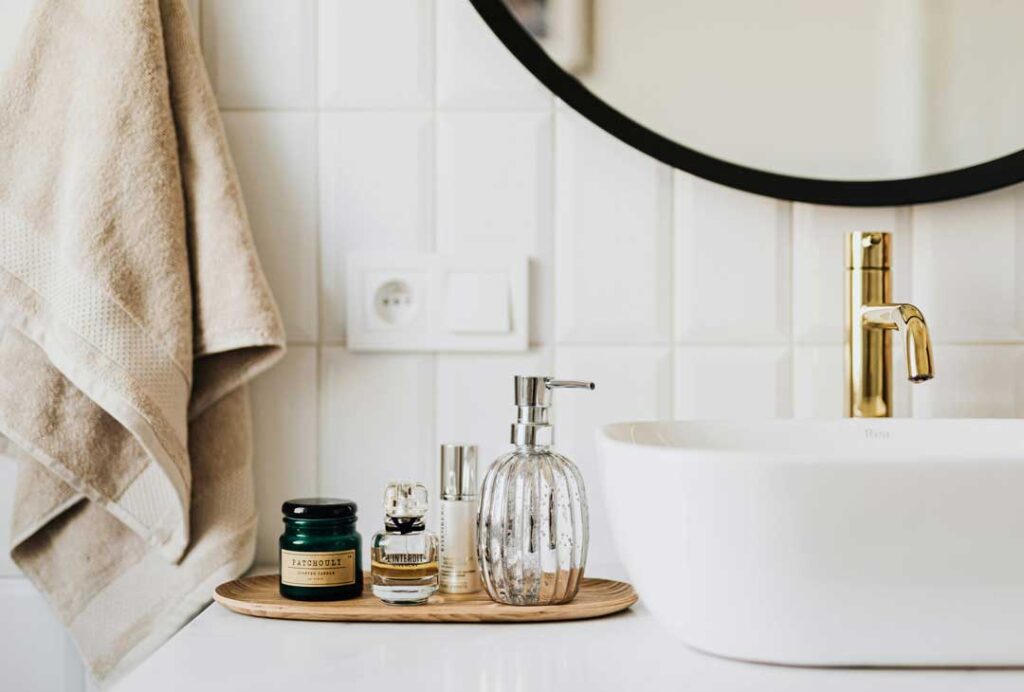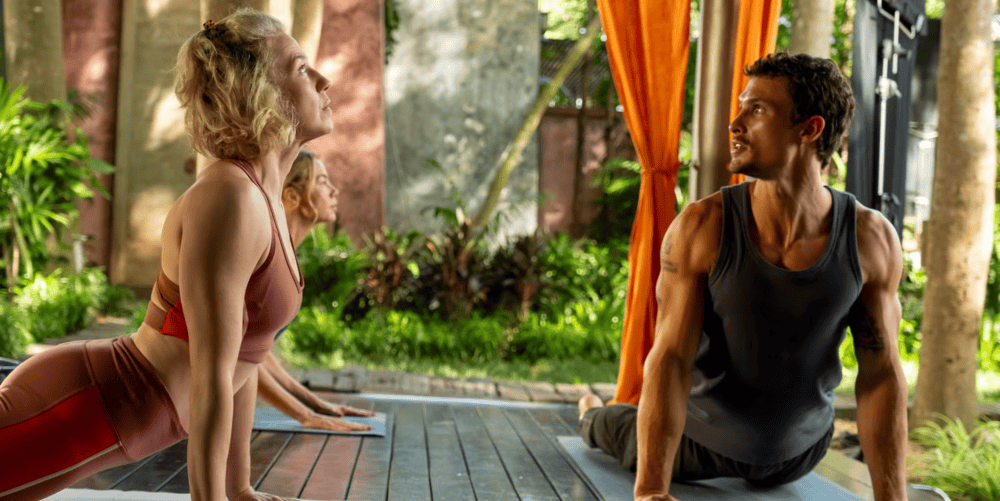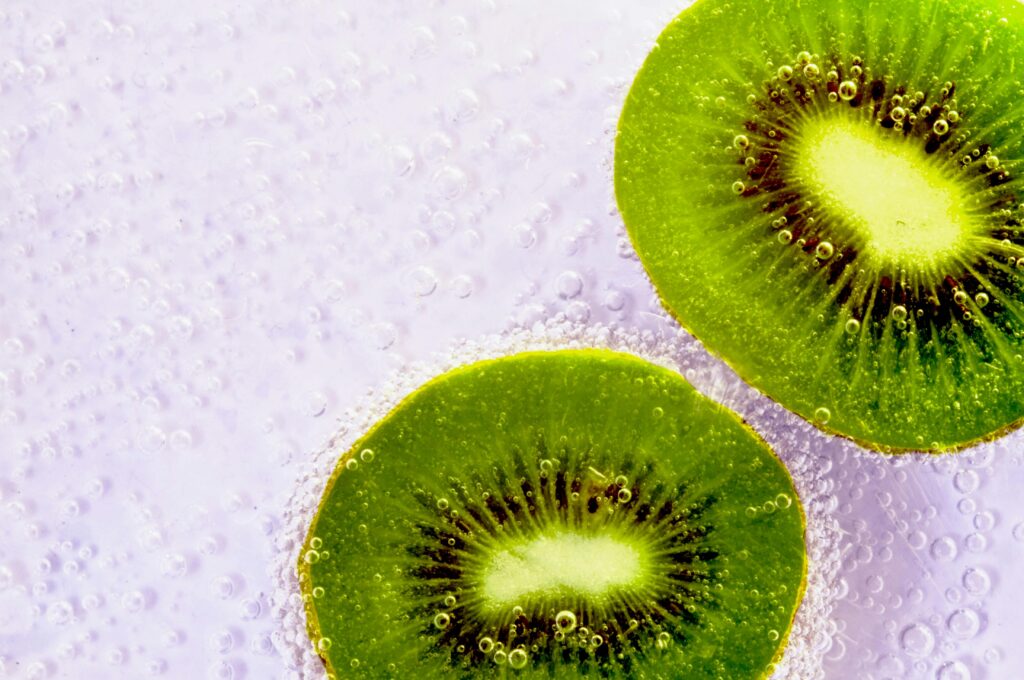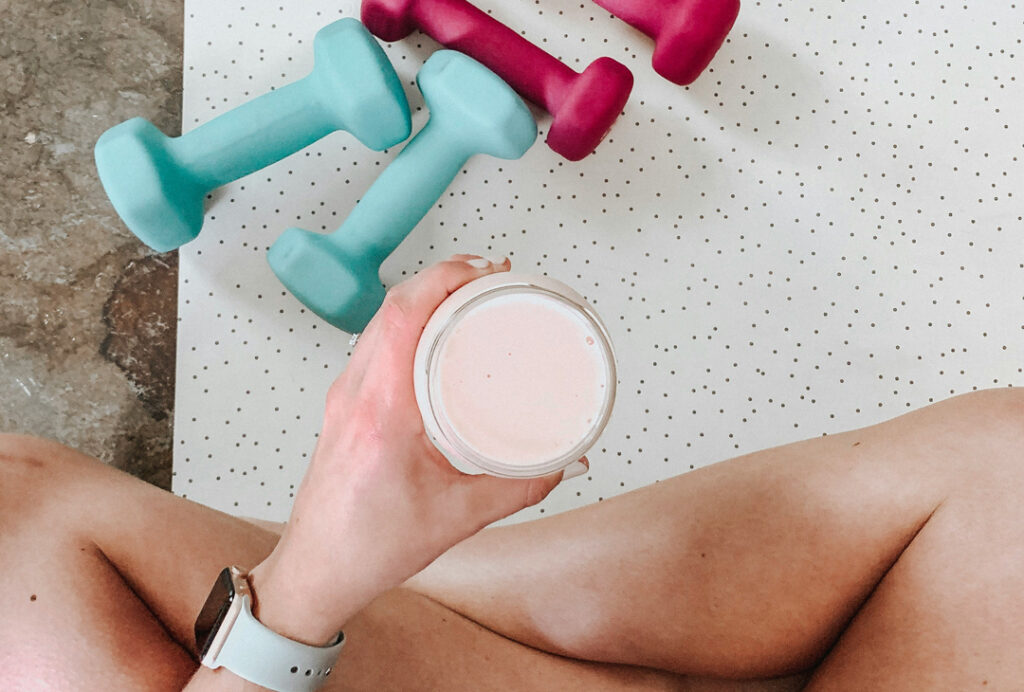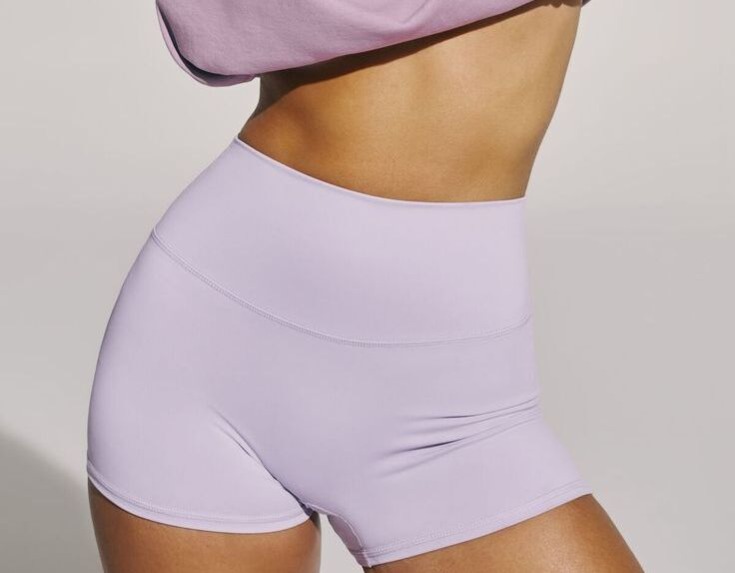As we settle into 2025, it’s fascinating for me to see how the wellness landscape continues to evolve. The intersection of ancient wisdom and cutting-edge science is reshaping our approach to health.
As both a clinical nutritionist and someone deeply passionate about evolutionary health, I’m excited to share what’s set to define wellbeing this year.
Back to basics: fertility awareness
What started as a whisper in 2024 has become a movement. Fertility awareness is experiencing a renaissance, with women stepping away from purely tech-based tracking to embrace their body’s natural wisdom. This shift goes beyond just monitoring cycles – it’s about understanding the subtle changes in cervical fluid, energy levels, basal body temperature, and other biological markers that reveal hormonal health.
What’s particularly exciting is how this knowledge empowers women to make informed decisions about their reproductive health while developing a deeper connection to their body’s natural rhythms. The beauty of it? No subscription (or additional EMF exposure) required.
Ancient nutrition makes a comeback
Organ meats are finding their place back into modern wellness routines, especially for energy, immune health and as a rich source of natural iron.
Recent research has shown that organ meats are particularly rich in essential nutrients, including vitamin A, vitamin B12 and iron. The best bit? Thanks to convenient freeze-dried options, you don’t need to be a master chef to get the benefits of these nutrient powerhouses. They’re more accessible than ever, making it simple to incorporate these traditional foods into modern life.
RECIPE: Luka McCabe’s beef cheek rendang
The water revolution
Here’s a splash of truth – that pristine-looking tap water might not be as pure as you think. We’re not just talking about drinking water anymore; we’re diving deep into understanding how water quality affects every aspect of our wellbeing. And here’s where it gets really interesting: while we’ve been obsessing over our drinking water, we’ve been overlooking something major – our shower water.
Our skin, our largest and most absorbent organ, spends quality time with shower water every single day. During a hot, steamy shower, our skin isn’t just getting wet – it’s actively absorbing whatever is in that water. Chlorine, heavy metals, and various other chemicals are all potential uninvited guests in our daily cleansing ritual. The steam we’re breathing in? That’s carrying these compounds too.
The game-changer? Whole-house filtration systems and specialised shower filters are becoming the new norm rather than a luxury.
Gut health (same same, but different)
Gut health isn’t exactly news, but what’s happening now is different. We’re moving beyond basic probiotics into personalised gut protocols, thanks to sophisticated testing like the GI-MAP.
This comprehensive diagnostic tool examines your microbiome for everything from beneficial bacteria to parasites, fungal overgrowth, and inflammation markers. It’s not just about bloating anymore – it’s about understanding the gut as our wellbeing command centre. Through detailed analysis and tailored protocols, we’re unlocking the potential of the gut-body connection for better immunity, mood, sleep, and overall health.

Pexels
True clean living
Going green isn’t just about ditching plastic bags anymore. People are getting smarter about what they bring into their homes, and natural fabrics are leading the charge. Linen, hemp, organic cotton, and silk aren’t just trending because they look good – they’re genuinely better choices for both comfort and the environment.
RE:ATED: Our top picks for linen sets to keep you cool this summer
These materials breathe better than synthetics like polyester and nylon, and there’s growing talk they might actually affect how we feel in our spaces. While some claim they carry beneficial natural frequencies, what’s clear is that they’re more comfortable, last longer, and have less environmental impact than their synthetic counterparts.
It’s part of a bigger shift – people aren’t just making random eco-swaps anymore. They’re thinking more carefully about how their everyday choices affect both the planet and their personal wellbeing.
Shopping local
The farmers’ market is becoming the new grocery store, and I’m here for it.
We’re watching people transform from passive consumers to educated food citizens. It’s not just about buying local anymore – it’s about understanding soil health, transparency in production methods, seasonal eating, and building real relationships with the people who grow our food. This isn’t a trend; it’s a return to how food shopping should be.
Walking for wellness
In a world obsessed with high-intensity workouts and the latest fitness tech, the simplest solution is making a powerful comeback. Walking – yes, plain old walking – is now recognised as a cornerstone of health, and for good reason. Whether it’s a mindful morning stroll or a post-dinner trot through nature, this low-tech habit never fails to deliver.
RELATED: Is walking farther or faster more beneficial? Here’s what doctors say
As one of humanity’s oldest forms of exercise, walking has been shown to balance hormones, regulate metabolism, clear mental fog, and reduce stress. Sometimes, the most effective wellness practices are the ones we’ve known all along. Bonus points if you can bring your family or friends along for the connection time too!
The microbiome in your mouth
The gut microbiome has dominated wellness conversations for a while now, but there’s a new focus on another critical microbial community – the mouth. As the second most diverse microbiome in the body, the oral microbiome plays a vital role in overall health. When out of balance, it can contribute to issues like gum disease, bad breath, and even systemic inflammation linked to chronic health conditions.
RELATED: 10 natural toothpastes to support your mouth biome (yes, that’s a thing)
This growing awareness is spurring innovation in oral care, with brands developing products specifically designed to support the oral microbiome. From microbiome-friendly toothpastes to mouthwashes, these targeted solutions are reshaping how we approach oral hygiene.
It’s also a timely reminder to consider the ingredients in the products we use every day. Synthetic additives and foreign chemicals can disrupt the delicate balance of this microbial ecosystem, potentially harming both oral and overall health. By choosing natural, thoughtfully formulated products, we can better support our body’s innate ability to maintain balance and wellness.
Emma Claire is an experienced clinical nutritionist (BHSc), specialising in helping women overcome complex gut health issues, hormonal imbalances, and chronic skin conditions. Having navigated her own journey through health challenges, including thyroid dysfunction, gut issues, rosacea and hormonal imbalances, Emma brings both personal insight and clinical expertise to her practice.










